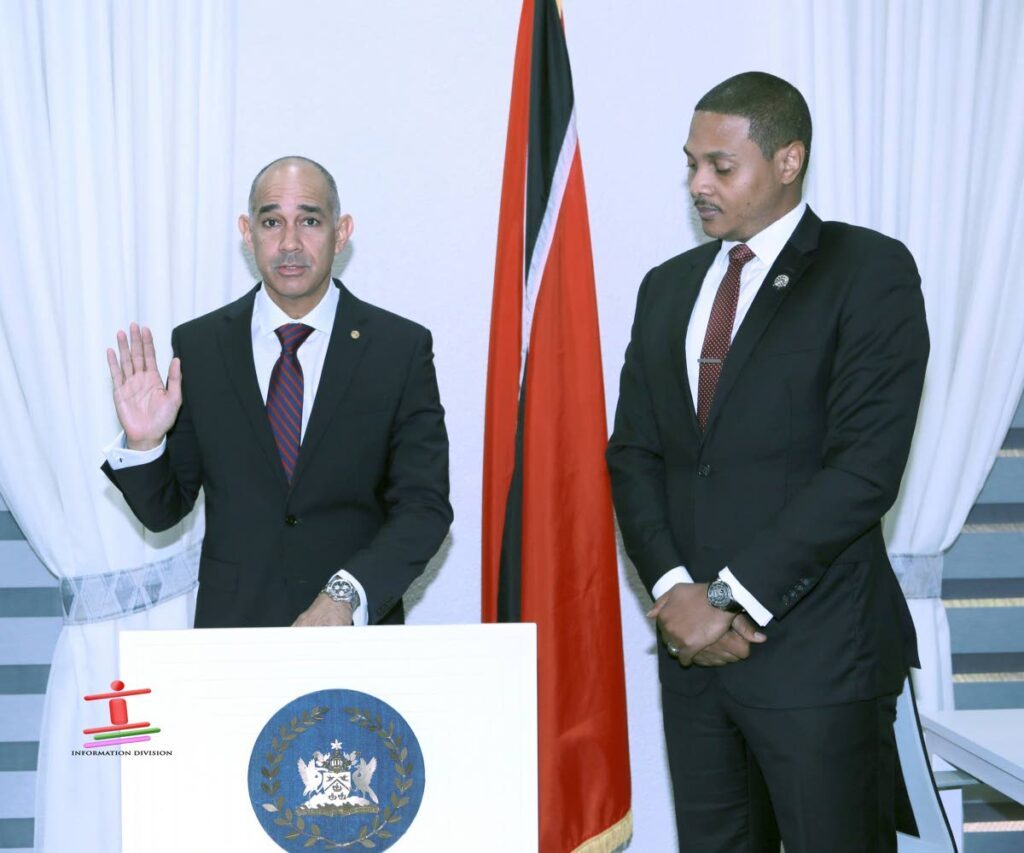West wrong direction

THE REAPPOINTMENT of David West on December 13 as director of the Police Complaints Authority (PCA) for a third consecutive term sends the wrong signal.
Mr West has been the director for a decade. That alone does not disqualify him.
However, ten years is a long time.
The PCA is an independent body. Its sensitive functions include investigation of serious police misconduct.
Yet, police-involved killings have remained too frequent, without a commensurate sense of accountability which his office seeks. The requirement for body cameras has not been effectively enforced by the police which West has campaigned for but again, enforcement falls on the commissioner.
The politics behind his office may be at the heart of the limits not only Mr West, but any officeholder, faces to go beyond recommendations to investigate, discipline and prosecute police.
The government and the opposition disagree on whether Mr West should stay. The PNM feels he has performed; the UNC thinks not. Yet if the government in power supports you while the opposition does not, the directorship becomes immediately tainted by politics.
Also, Mr West has always come to this position with unusual baggage. If he is uniquely qualified, he is also uniquely disqualified.
It is not just his role in the ongoing saga of a witness-tampering case against a UNC/PP politician, the precursor of which was a defamation claim brought against a PNM official in which he was designated a defence witness.
It is also, arguably, his past position, from 1999-2008, as the head of the Central Authority Unit, an administrative entity that was the focal point of extradition proceedings involving UNC financiers named in the decades-long Piarco scandal.
That the PCA director is meant to be strictly above the fray is underlined by the fact that Parliament, in its wisdom, stipulated under section 6 (1) of the PCA Act that the body is to be led by a director appointed by the President “on the joint advice of the Prime Minister and Leader of the Opposition.”
Further, the director’s pay cannot be “altered to his disadvantage after his appointment.” It is understood that pay for the post was $38,540 per month in 2014, according to the 98th Report of the Salaries Review Commission approved by the House of Representatives.
When politicians cannot agree on a candidate, the law does stipulate, in section 6 (2), that “the President shall appoint the director” after consultation.
However, we believe that in the exercise of this discretion, the President – or acting President – should aim to preserve the independence of the authority by presenting a fresh candidate, and not choosing one selected by one of the disputing officials.
Doing so in this instance might have safeguarded the independence not only of the PCA, but also of President’s House.
That would have sent the right signal.

Comments
"West wrong direction"